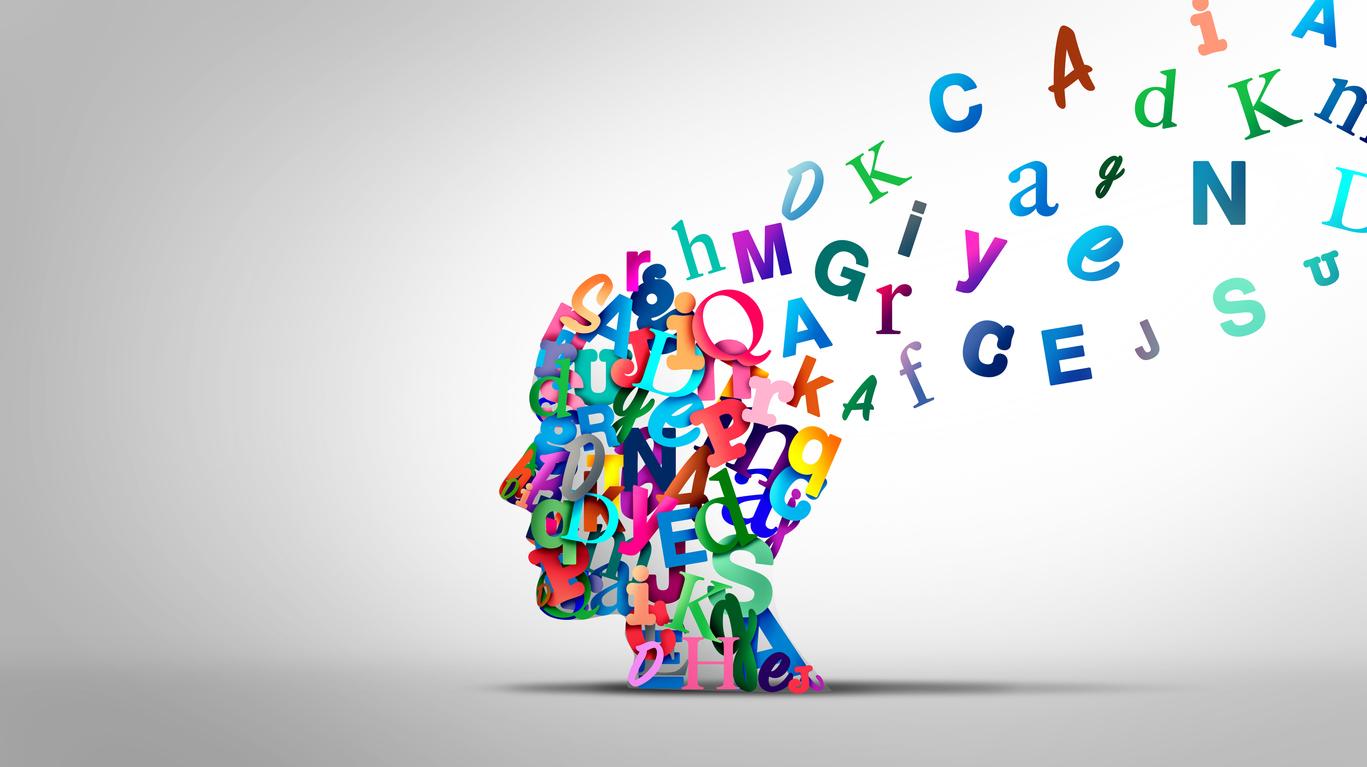When a depressive state results from an imbalance of the intestinal microbiota, antidepressants belonging to the family of SSRIs — such as Prozac — prove to be ineffective. This is shown by a study carried out in France.
-1586480738.jpg)
- Some antidepressants prove ineffective in treating the disease
- An imbalance of the intestinal microbiota explains the lack of effect of serotonin reuptake inhibitor drugs
The microbiota is defined by Larousse like “all the bacteria, viruses and yeasts living in a given environment”. The intestinal microbiota is the most important that humans have. Indeed, it contains nearly 100,000 billion microorganisms, i.e. 2 to 10 times more than the number of cells present in the body, for a total weight of 2 kilos. Essentially located in the small intestine and the colon, it plays a role in digestive, metabolic, immune, and neurological functions.
If the scientific community had already proven a correlation between an imbalance in the intestinal microbiota and the development of neurological or psychiatric disorders, like depression, researchers have been interested in the underlying mechanisms of this causality. The team, from the Pasteur Institutefrom National Center for Scientific Research (CNRS) and of the National Institute of Health and Medical Research (Inserm)published its results in a study published in the American scientific journal Cell Reports.
Depression: a low blood level of tryptophan in question
To carry out their work, the researchers conducted experiments on mice. They transferred the gut microbiota from animals suffering from chronic unpredictable stress (UCMS) to healthy mice. Result: a few days after the transfer, the recipient mice began to express a behavior similar to that of depression, manifested by loss of pleasure, apathy, or even a drop in motivation.
The team thus noted the low blood content of amino acids – these are the molecules that enter into the composition of proteins and give them specific chemical properties – in mice with an unbalanced bacterial population. Tryptophan, among others, was particularly affected. The problem: it’s the amino acid precursor to several compounds, including serotonin, the neurotransmitter that accompanies positive moods.
A depressive state resistant to SSRI antidepressants
“We have shown that the disappearance of certain families of intestinal bacteria is detrimental to the blood amino acid content of the host and that the simple imbalance of the intestinal microbiota is enough to produce a depressive state which, moreover, is resistant to actions of a family of antidepressants”explains Pierre-Marie Lledo, research director at the CNRS, in a Press release.
The antidepressants to which the scientist alludes are the selective serotonin reuptake inhibitors (SSRIs) – like Prozac – which are the majority in many countries. Apart from depressive states, they can be prescribed for generalized anxiety, post-traumatic stress, social phobias, or even obsessive-compulsive disorders.
Metabolites derived from bacterial activity to “restore the effectiveness of antidepressants”
By injecting an SSRI-family antidepressant into recipient mice, whose depression resulted from an imbalanced gut microbiota, the researchers found the drug to be ineffective. They then conducted the same experiment, after supplementing the animals’ diet with metabolites that intestinal bacteria usually produce, such as 5-Hydroxytryptophan.
“We managed to restore the effectiveness of antidepressants”, assures Gérard Eberl, head of the Microenvironment and Immunity Unit at the Institut Pasteur. For the researchers, this study could explain why 30% of patients on antidepressants do not feel the beneficial effects of the treatment.
.

















